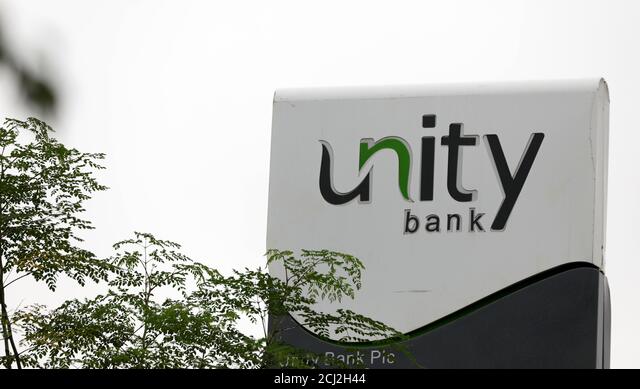CBN PMI Report Flags Cost Strain Across Major Sectors
…Says Agriculture Sector Bears Highest Cost Burden
The Central Bank of Nigeria (CBN) has raised the alarm over mounting cost pressures across Nigeria’s productive sectors, warning that the persistent rise in input prices could trigger a fresh wave of consumer price inflation in the months ahead.
This concern was detailed in the apex bank’s June 2025 Purchasing Managers’ Index (PMI) report released over the weekend.
According to the report, businesses operating in the Industry, Services, and Agriculture sectors faced a consistent rise in input costs during the month under review. The composite input price indices across these sectors were notably higher than their corresponding output price indices—an indication that firms are absorbing more production costs than they are able to pass on to consumers.
“The increase in the gap between higher input costs and output prices tends to put pressure on business profit margins,” the CBN stated. “Cost absorption by firms is likely to be unsustainable in the long term and may foreshadow future consumer price inflation.”
The agriculture sector, which has been central to Nigeria’s efforts to boost food security and rural employment, was identified as the most affected. The sector recorded the highest input-output price gap at 9.8 index points in June—far exceeding those in Industry and Services. This suggests that agribusinesses are absorbing the most significant share of rising input costs, further exacerbating concerns about food inflation and sectoral profitability.
In contrast, the Services sector experienced the lowest cost burden, with an input-output price gap of 4.4 index points. Nonetheless, the report emphasized that all three major sectors are under varying degrees of pressure due to escalating production costs.
Despite these inflationary risks, the report highlighted continued momentum in overall economic activity. The composite PMI stood at 52.3 index points in June, signaling growth for the sixth consecutive month. A PMI above 50 indicates economic expansion, while a figure below 50 reflects contraction.
Out of the 36 subsectors surveyed nationwide, 25 reported expansion in business activities, underscoring broad-based growth across the economy. The Industry sector recorded a PMI of 51.4 index points, also marking its sixth straight month of expansion. Growth in this sector was largely driven by increased production activity, with nine out of 17 industrial subsectors reporting a rise in output.
Similarly, the Services sector posted a PMI of 51.3 index points, with 11 of its 14 subsectors experiencing growth. Increased customer demand and seasonal business uptick were cited as primary drivers of this expansion.
Leading the pack was the Agriculture sector, which not only posted the highest PMI of 55.2 index points but also extended its growth streak to an eleventh consecutive month. All five agricultural subsectors surveyed showed increased activity, primarily due to expanded farming operations across various regions.
The CBN, however, warned that the widening disparity between input and output prices presents a significant threat to future price stability. If businesses can no longer absorb rising costs, there may be a ripple effect in the form of increased consumer prices, thereby fueling inflation.
The June PMI report comes at a time when Nigeria is grappling with persistent inflationary pressures, driven in part by supply chain disruptions, naira volatility, and high energy prices. Analysts say the findings underscore the urgent need for targeted policy measures to ease cost burdens on producers and mitigate pass-through effects on consumers.
As stakeholders assess the implications of the report, all eyes will be on how fiscal and monetary authorities respond to this delicate balancing act of sustaining economic growth while containing inflation.





